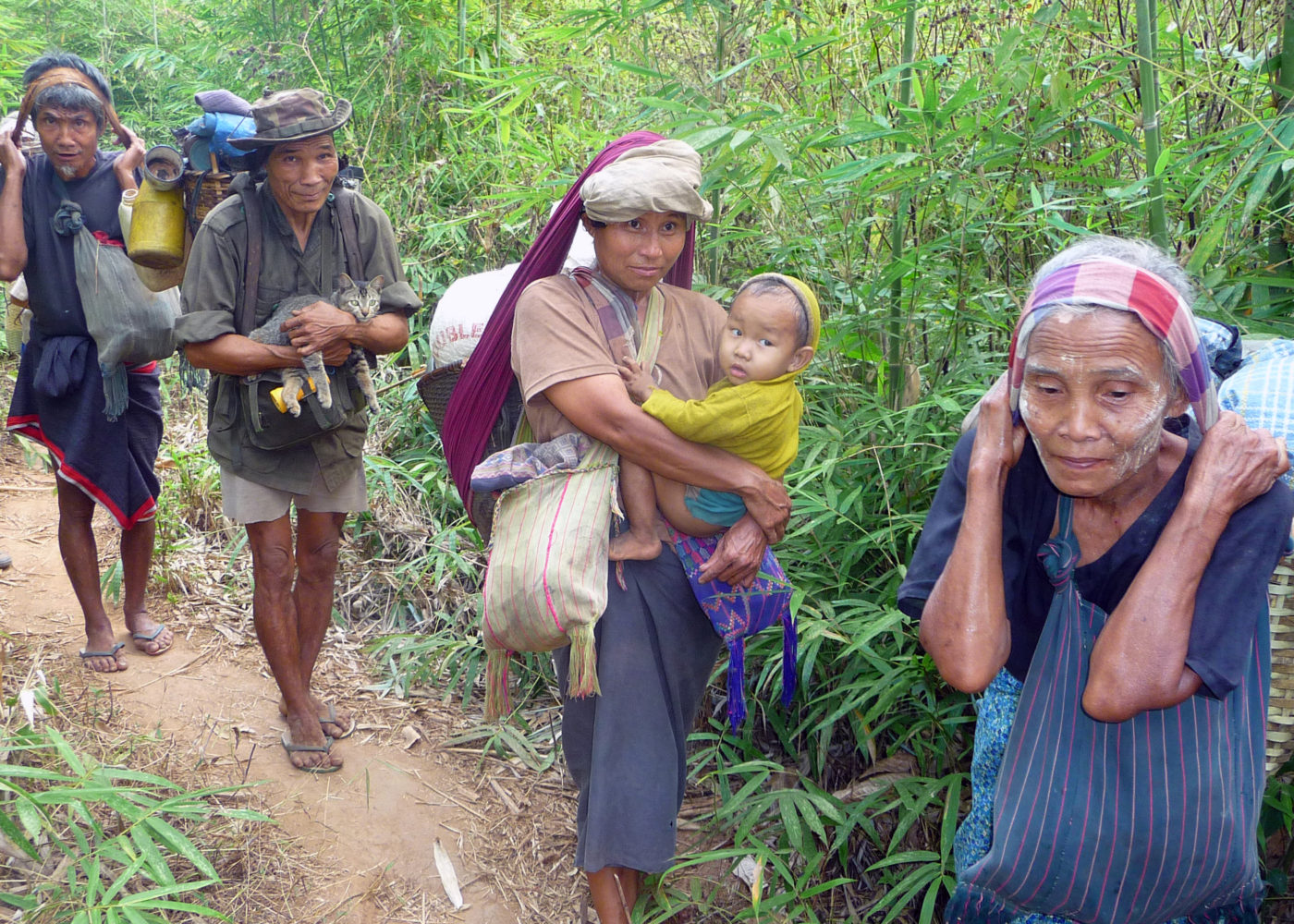Situation
Over 70 years of civil war, longest running in the world, have left Burma one of the poorest countries in the world. During this time, successive military dictatorships killed thousands of their own people and displaced millions in resistance areas, while effectively strangling the political process in areas under their complete control.
Recent developments in the government have included allowing opposition leader Aung San Suu Kyi and her party, the National League for Democracy (NLD) to run and win in by-elections. There is more openness and less censorship in Burma, ongoing ceasefire talks with many ethnic groups, as well as our own unplanned but positive meeting with the Burma Army ceasefire delegation in 2012.
At the same time, attacks and military buildup continue in most ethnic areas, while in Kachin and Shan states the Burma Army continues an all-out assault on the people. In other areas there is ongoing laying of landmines, attacks on civilians, forced labor, destruction of civilian property and troop resupply.
The Free Burma Rangers formed in 1997 and are comprised of people from different ethnic groups within Burma providing direct relief to communities most affected by the results of the government’s oppression. These teams are trained to provide medical care and counseling, while documenting and reporting human rights violations. Since its formation, more than 800 missions have been conducted to assist over one million people. Together with other organizations working toward a free and peaceful Burma, 71 Free Burma Ranger relief teams bring help to people facing oppression.

